Not too long ago, beers from Britain were in almost every single U.S. grocery store. Bass Ale was a staple of almost every supermarket in the 1990s. But go into a store today, and they are nowhere to be found. The craft brewing and IPA movement completely pushed these beers off the shelves, and the only beer from the British isles would be the Irish beer, Guinness, and its sister beer, Harp.
The beer might be an export opportunity for the U.K., as it once was. The challenge is consolidation in the beer industry, which has pushed brands aside.
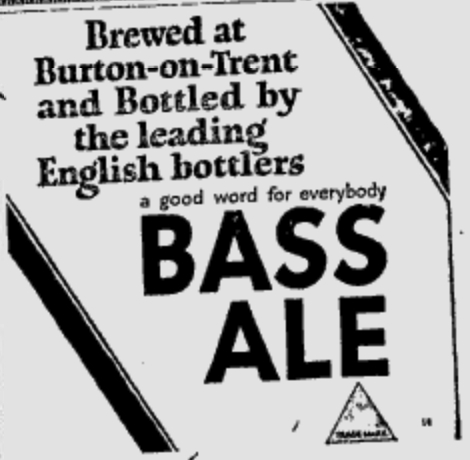
In the last twenty years, some of the brands that were fairly well known, but are increasingly harder to find, include:
- Old Speckled Hen
- Belhaven Scottish Ale
- Samuel Smith’s India Pale Ale, Nut Brown Ale, Taddy Porter, Chocolate Stout, and Oatmeal Stout
- Bass Ale
- Fuller’s London Pride & ESB
- Boddingtons Pub Ale
- Redhook ESB
- Newcastle Brown Ale
- Timothy Taylor Landlord
- Tennent’s Export Lager
- Theakston Old Peculier
Total Wine has a decent selection, but they are mostly about liquor, and are not a first stop for beers. They offer some of the above, and also Wychwood Hobgoblin, Robinsons Trooper Ale and Ridgeway Bad Elf.
A few years ago, Brexite Imperial Stout and Ola Dubh of Harviestoun were around, but they never had a mass presence.
There is now, however, an American version of Whitbread. The whole idea of the Anglosphere has meant that some brands popular in the U.K., like Carling, originated in Canada, but were considered English favorites. And Foster’s of Australia went through a popular phase in both the U.S. and U.K.
PunchDrink‘s Megan Krigbaum had hopes in 2017 that the hops taste of IPAs might wear off a bit, and the subtlety of bitter style beer might see a revival.
Online there are a few available, but that is not much of a solution as beer cannot easily be delivered. There are some brands online at sites like Drizli, including Coniston Brew Bluebird Bitter. The N.A. Beer Club online offers newish brands like from Big Drop and Brew Dog.
The Irish beers like Guinness, Harp are fairly often available in stores, and Smithwick’s Irish Red is close to an English bitter. Guinness made a big play on opening breweries in the U.S., but the effort fizzled in less than five years.
One potential opportunity for British makers may be lagers, which travel well. Americans got irked with Bud Light, and can tire of the same brands. Stella Artois and Peroni are now regularly sold at bars.
It has always been unfortunate that there were not more bitter-style beers in the U.S., as they have low alcohol levels and low carbonation, which makes them easy to drink.
There is a slight movement toward more bitter style beers. In Torrance, Calif., there is Yorkshire Square, which is embracing lighter beers in the English style. BeerInfo gave its list of its top bitter style beers made in North America:
- Surly Bitter Brewer – Surly Brewing – Minnesota
- One Eyed Grouse – Cameron’s Brewing – Ontario
- DBA – Firestone Walker Brewing – California
- Laughing Skull Amber – Red Brick Brewing – Georgia
- Lyon Pride – Third Monk Brewing – Michigan
- Special Bitter – Redwood Curtain Brewing – California
- Robert Smith’s Smooth – South Park Brewing – California
- Sawtooth Ale – Left Hand Brewing – California
- Automatic Amber – Mash Lab Brewing – Colorado
- Butler’s Bitter – Niagara College Teaching Brewery – Canada
British pubs in the U.S. are one place where you can get a British draught beer. In Orlando, The British Pub offers Belhaven Scottish Ale, Old Speckled Hen, Bombardier, Boddington’s and Fuller’s London Pride.

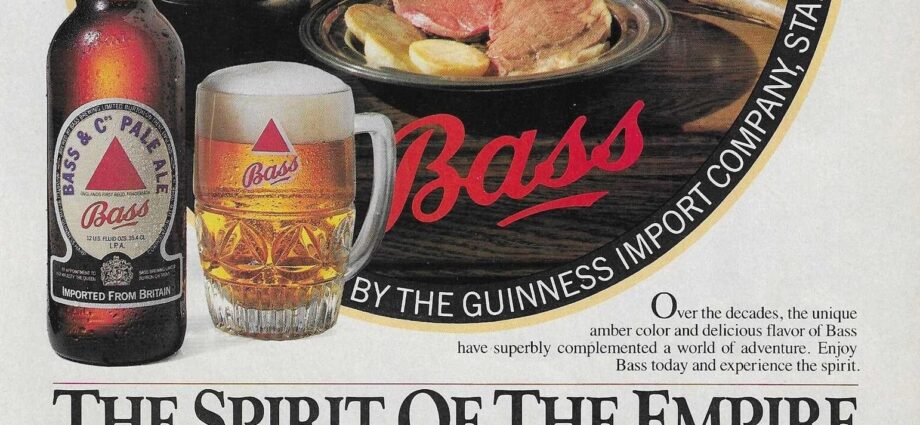

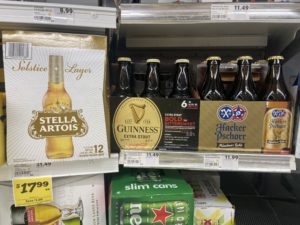
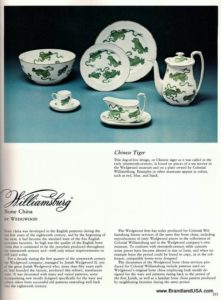
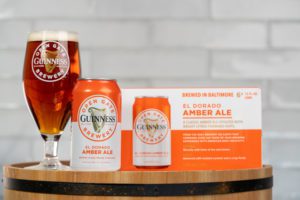
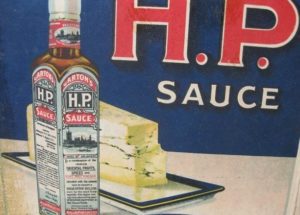
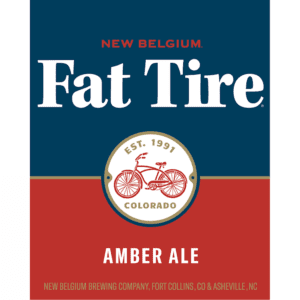

Looks like BILL CASEY and I then he just can’t finish me off ….
Vintage stuff it will be Route 66 folks multilevel marketing Shaklee Kmart is their in smaller scale.
Redhook ESB is not British. It is from Seattle.
British beers disappeared 20 years ago for many reasons but American craft beers kicked them off of store shelves. British beers in most cases tasted better than American craft beers at that time but distribution changed whats available in the market. Sad because those beers had a quality that was special and different. Those brands today largely have been sold off or merged with mega brewers then diminished in quality.